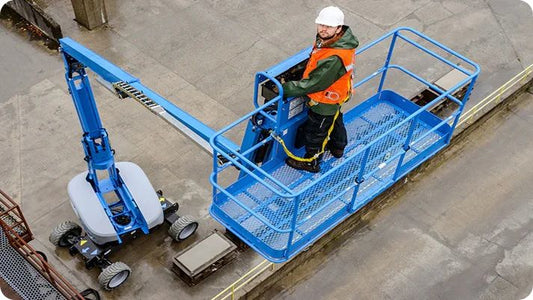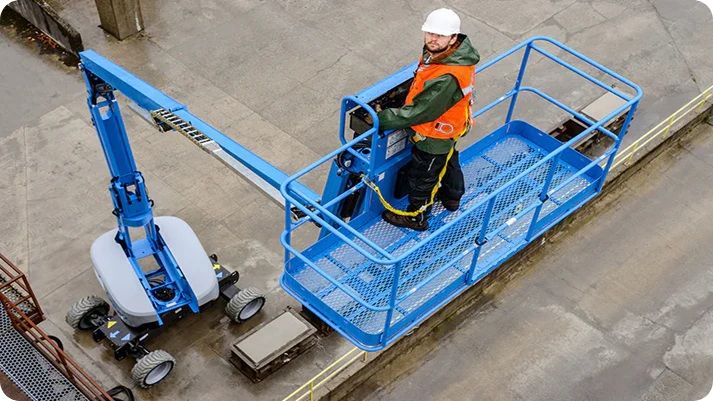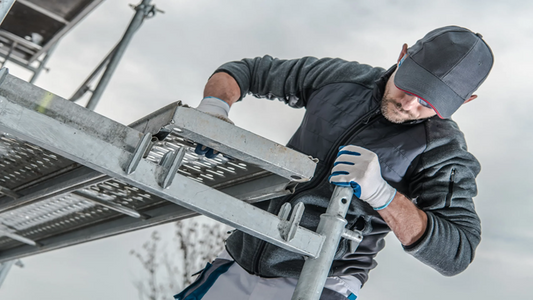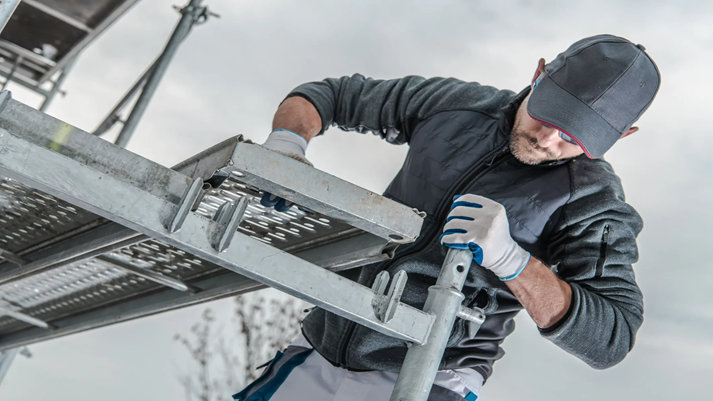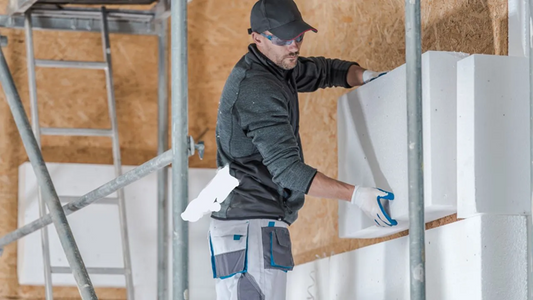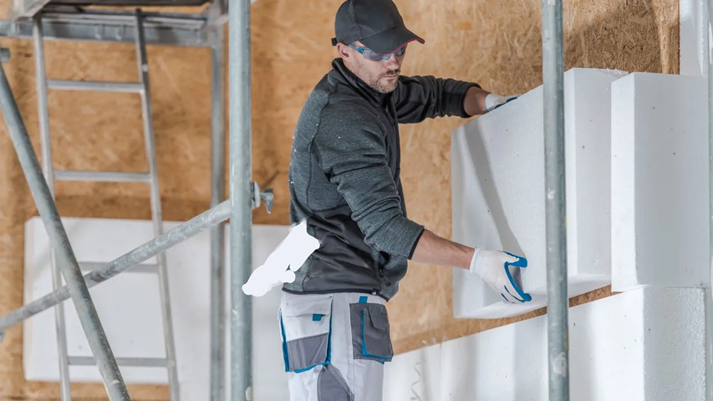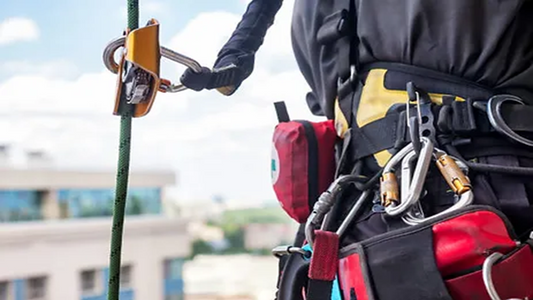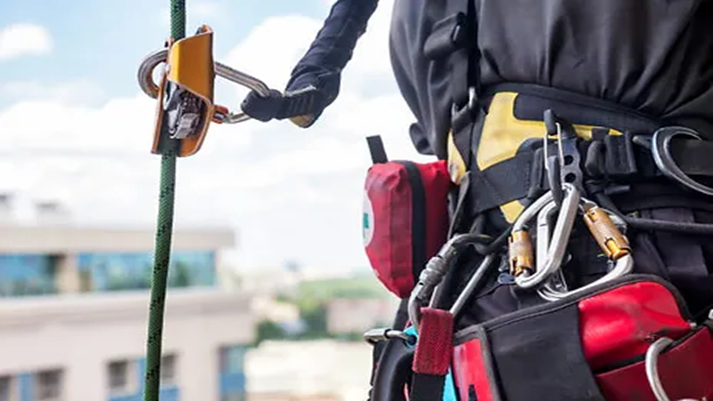The construction industry is an important sector with many opportunities for apprentices and students entering the profession. At the same time, there are strict requirements for safety and training to prevent accidents and ensure a safe workplace. How can you as an employer or supervisor ensure that apprentices receive the best and safest training? Here we give you specific tips and guidance.
Training requirements for apprentices
Apprentices in the construction industry must receive thorough training in safety, work methods and the use of relevant equipment. It is important to follow applicable laws and regulations, and ensure that young people receive both theoretical and practical training.
Important courses for apprentices
-
Lift course : Apprentices who will be using personal lifts must complete a lift course to obtain the necessary certification. This can be taken as an online course Lift course (person lifts) or a classroom course person lifts .
-
Fall protection courses: Working at height also requires training in fall protection. We offer both online fall protection courses and classroom fall protection courses .
-
Scaffolding course : For work on scaffolding, apprentices must have the correct course, such as a scaffolding user course or more advanced courses such as a scaffolding course 2-9 meters with fall protection .
- Hot work: If the apprentice is to perform hot work, certification through a hot work course is required.
Practical advice for safe training
-
Start with basic safety: Ensure that the apprentice receives a thorough introduction to HSE procedures and risks in the workplace.
-
Choose the right courses: Adapt the training to the work tasks the apprentice will perform, and ensure that the course is approved and up-to-date.
-
Follow up continuously: Provide the apprentice with close follow-up and guidance, especially during practical work at height or with dangerous equipment.
-
Document the training: Keep track of which courses and certificates the apprentice has completed.
- Create a culture of safety: The apprentice should feel confident in asking questions and speaking up about unsafe situations.
Why is this important?
A safe and well-trained apprentice is less prone to injuries and accidents, and will more quickly become a competent and independent professional. In addition, it is a requirement from authorities and insurance companies that all employees, including apprentices, have relevant safety training.
Summary
Safe training of apprentices in the construction industry requires planning, good courses and close follow-up. At GTM Kompetanse, we offer flexible and approved courses that cover the most important areas for apprentices, either as online courses or in the classroom. Contact us to find the best solution for your company!




